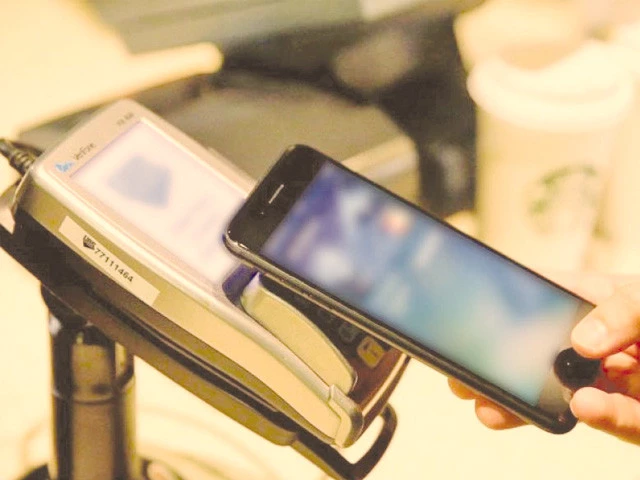As Prime Minister Shehbaz Sharif pushes to minimise cash use in the economy, authorities have so far been able to link less than 700,000 retailers with any digital payment mode. Retailers are amongst the largest dealers of cash.
The premier on Monday took a briefing on implementation of his cashless economy initiative. It showed that far less than 700,000 retailers were using any form of digital payments as of September this year. Of those, hardly 39,000 were in Islamabad.
The prime minister has set a target of linking at least 2 million merchants with digital payment modes by June next year. This appears ambitious due to resistance from the trading community.
During the meeting, PM Sharif emphasised that ongoing initiatives to transform the country into a cashless economy will play a vital role in ensuring sustainable development. He directed relevant authorities to intensify awareness campaigns in rural areas. The aim is to eliminate the traditional cash-based economy and accelerate the shift towards a fully digital financial system.
The premier has assigned responsibility for conducting and monitoring the cashless economy initiative to Minister of State for Finance Bilal Azhar Kayani.
Currency in circulation has increased to 34% as of June this year. A government mini-budget proposal to increase withholding tax on cash withdrawal to 1.5% may further encourage currency in circulation.
Traders remain the weakest link in the economy, unwilling to enter the tax net despite multiple attempts. The Pakistan Muslim League-Nawaz (PML-N)-led coalition government has also backtracked from aggressively bringing retailers into the net. The government is trying to link traders with digital modes at least so their sales can be monitored. This is an attempt to collect income tax and due sales taxes from them.Their refusal to join the formal economy has thrown undue tax burden on the salaried class and the manufacturing sector.
Tax authorities had given an impression that retailers paid Rs693 billion in income tax during the last fiscal year. However, during a recent press briefing, the Federal Board of Revenue (FBR) chairman said traders paid Rs166 billion in income tax last year.
The salaried class paid Rs606 billion in the last fiscal year. This was Rs440 billion or 265% more than taxes paid by influential traders.
Mobile apps created for accessing government services in Islamabad will be linked with scannable code system. Furthermore, acquiring licences for new businesses has been linked with the digital payments system. The facility of payment through scannable codes has also been provided at all shops. Whilst the government faces challenges in bringing traders into the net and linking them with at least one digital payment mode, it surpassed the target of increasing digital banking users, either through mobile application or via the internet.
The PM was briefed that against the target of 105 million digital service users by December this year, about 112 million users were already actively using digital mode.
The prime minister said the entire world was moving towards a digital economy, and Pakistan must move forward alongside it. He noted that from the beginning, his government had prioritised measures to promote digitalisation. These were now yielding positive results.
Sharif said that for the first time, during the holy month of Ramazan, the government successfully transferred financial assistance to deserving families under the Benazir Income Support Programme (BISP) through digital wallets.
The premier underscored that a cashless economy would improve governance and significantly curb corruption. He instructed all relevant departments to achieve set targets within the stipulated time frame.
The meeting was briefed on progress of various initiatives under the prime minister’s cashless economy drive. Payments for electricity and gas bills were now being facilitated through scannable codes, enabling billions of rupees in transactions to be conducted digitally.
The prime minister was also informed about progress on 10 million digital wallets under BISP. All wallets will be activated by the end of the current month. The next tranche will be transferred to deserving families through these wallets, the meeting was told.
PM Sharif instructed the central bank that the pace of digital financial inclusion should be enhanced. He termed the existing targets not ambitious enough. The meeting was told the government was issuing licences for setting up digital banks across the country, including a new Raqami digital bank.
The meeting was told that financial inclusion of over 68% of the country’s population will be completed by December this year. This will be increased to 70% by December next year. The PM instructed them to advance these targets. The government is also planning to enhance government-to-private-person digital payments by 60% by December’s end. However, the target appears ambitious as so far only 35% of such payments are made digitally.

